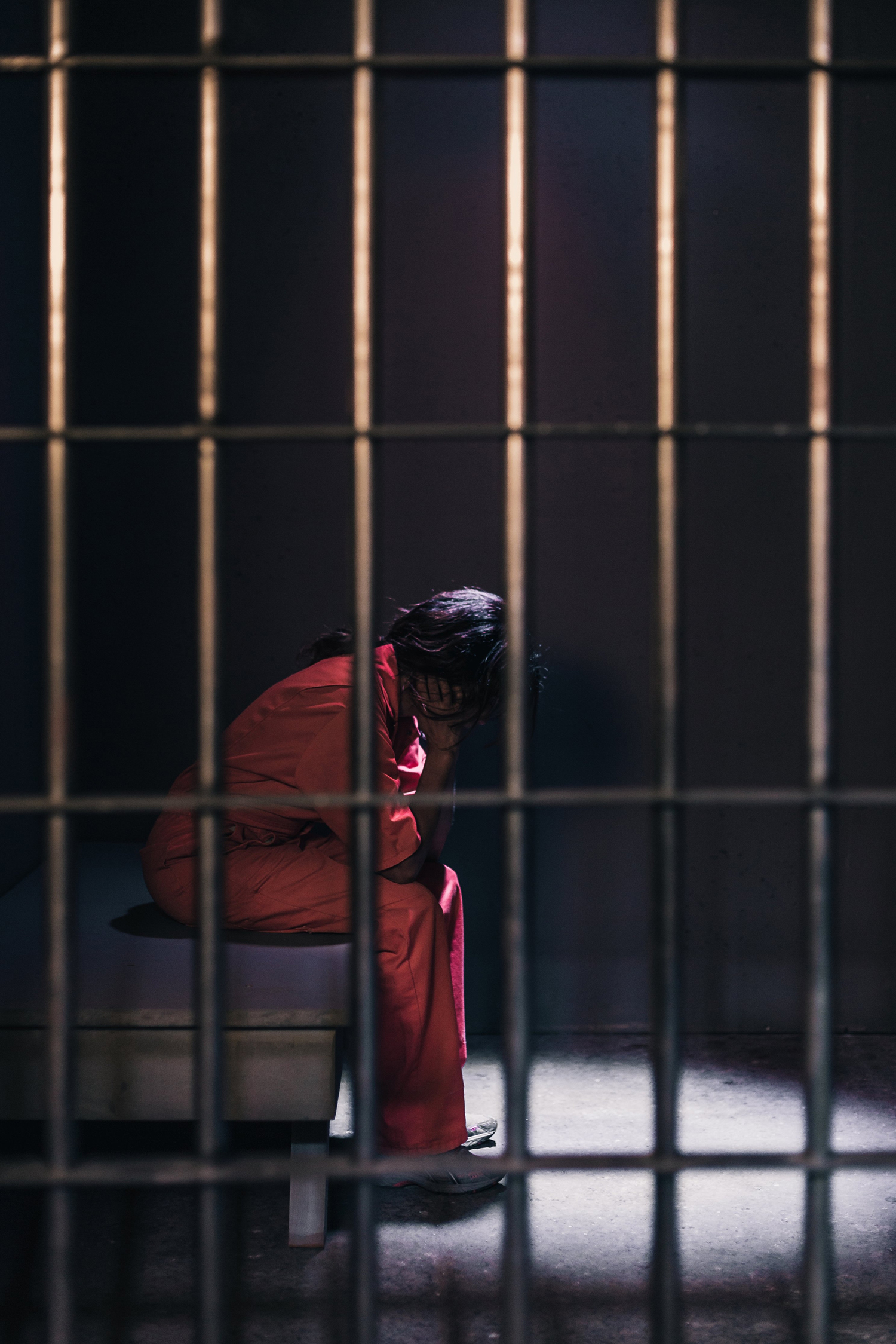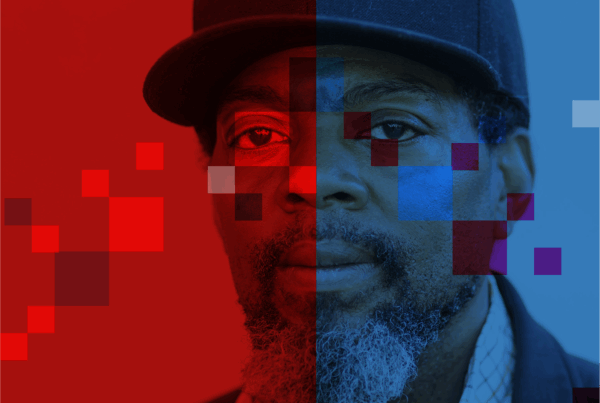As families across the country come together for Mother’s Day this year, tens of thousands of incarcerated mothers will be separated from their children and loved ones.
Instead of celebrating with their families, these women are sitting behind bars in jail, many on nonviolent misdemeanor charges such as driving without a license, simply because they cannot afford cash bail. The results of this are catastrophic. Mother’s may lose custody of their children, get evicted from their homes or let go from their jobs.
In recent years, as issues related to mass incarceration and cash bail gain visibility, a troubling trend has emerged: Women, Black women in particular, are the fastest growing segment of the incarcerated population. To make matters worse, the vast majority of women in jail — 80% — are mothers, many of whom haven’t been convicted of any crime. In response, charitable bail organizations in Michigan, and across the country, are offering them a lifeline.
During their annual Mother’s Day event, these groups provide free bail assistance to as many mothers as possible. Since 2017, the organization National Bail Out and its partners have given more than 700 mothers and caregivers the ultimate gift: freedom to return home to their families. But charitable bail organizations cannot solve this crisis alone.
Fortunately, Michigan lawmakers have an opportunity to address this growing crisis through a package of bills in the state Legislature. House Bills 4655-4662 would create a new pretrial framework that limits the use of cash bail for people who pose no threat to the community and improves support systems for those released pretrial. These bills would require judges to release people charged with low-level, non-violent offenses without money bail, so they may defend their cases from a position of freedom. To ensure successful pretrial outcomes and court appearance, the bills would also establish interventions such as court reminders, transportation assistance and needs-based service referrals.
By reducing the use of cash bail as a barrier to release, these bills would reunite mothers and other caretakers with their children, mitigating the harms our current system wreaks on families.
Since 1980, the number of women in Michigan jails has increased 362%. Many are incarcerated for low-level offenses, often as a result of poverty. Black women are disproportionately harmed, as they are more likely to receive higher bail amounts. For children, the consequences of having an incarcerated parent are devastating; it increases their likelihood of dropping out of school, deteriorates their mental health and increases their likelihood of justice-system involvement. But if mothers are allowed to return home pending trial, they would be more likely to maintain employment, stable housing and custody of their children.
For years, Michiganians have taken it upon themselves to ensure that money is not the deciding factor between freedom and incarceration, donating their hard-earned funds to reunite mothers with their families. This year, House Bills 4655-4662 are an opportunity for Michigan legislators to take matters into their own hands. Currently, the bill package sits before the House Criminal Justice Committee.
By passing this legislation, lawmakers will not only mitigate the harms of cash bail their constituents have worked tirelessly to address, but also demonstrate their equal commitment to keeping families together.
Pretrial freedom should not belong solely to mothers who can afford it, or to those who are fortunate enough to receive community aid. If lawmakers pass these bills, come next Mother’s Day, fewer mothers will be separated from their children — and Michigan will be safer for it.
Thank you for reading. The Bail Project is a 501(c)(3) nonprofit organization that is only able to provide direct services and sustain systems change work through donations from people like you. If you found value in this article, please consider supporting our work today.











